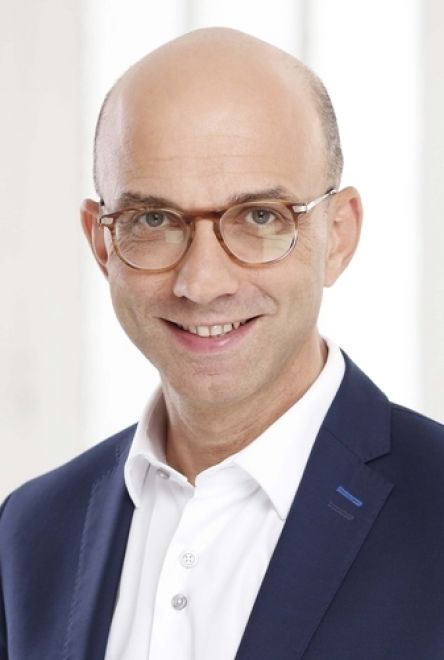
Emmanuel Kessler, economist and expert on the world of local authorities and public institutions, has long been the head of the TF1 & LCI economy division, after having been deputy editor on LCI and Public Senate. He presented two daily antenna appointments on LCI: “Le Quotidien de l’Economie” and “L’Invité de l’Economie”, while being regularly on the air on the TF1 JT to shed light on current economic issues.
He was on France Info for a long time, presenting the daily economic column “Tout info, tout éco”. Every Wednesday, he ensured a variation in the daily “20 Minutes”.
After studying at Normale Sup’ and making his debut in the written press, notably in the “Gazette des communes”, he became editor-in-chief at BFM where he hosted the evening news, the major “direct” news of the editorial, the program “Politique direct” where he interviews national political leaders.
In 2003 he joined Public Senate as editor. On the air, he presents special editions related to major news events and conducts political interviews. He became deputy editor of Public Senate in 2006. In particular, he presented the Socialist Party’s primary debates for the presidential election at the end of 2006. He joined TF1 at the beginning of 2012 and presented the economic topics during the TV news.

Emmanuel Kessler is also the author of two books «A moi le ministère de la Parole!» , interviews with Patrick Devedjian, (Editions de l’Archipel) February 2006, and «La folie des sondeurs», essay on electoral polls, published by Denoël, March 2002.
He was chosen in 2015 to chair the Public Senate channel. On 11 May 2021, he was appointed Director of Communication of the Court of Auditors by First President Pierre Moscovici, effective 1 June 2021.
Passionate about philosophy, he also proposes the conference “Existing is changing”, which answers among other questions:
How can we overcome our concerns about the multiplicity of changes we are facing (ecological challenge, digital challenge, new relationship to work, new economic and geopolitical context, etc.)?
What is the approach to accompany change in the company? What attention should be paid to transition management?
Why do we need to put people, more than technology, at the heart of this change? How do we make transformation a shared and engaging project, a “creative evolution”?